
Monica Vaughan
Reporter

Reporter
Monica Vaughan is a freelance investigative reporter and community engagement specialist based in Fresno. Previously, she served as interim engagement editor at the Center for Health Journalism in 2022. She has reported on rural communities in California for nearly a decade as a local newspaper reporter. She covered water for Fresnoland at The Fresno Bee, county government for The San Luis Obispo Tribune and criminal justice for the Appeal-Democrat in the Sacramento Valley. In 2019, she was awarded a McClatchy President’s Award for coverage of the health effects of bad air quality for her reporting as a Center for Health Journalism 2019 California Health Equity Fellow. In 2021, she won first place for Public Service Journalism from the California News Publishers Association and the George F. Gruner Award for public service for a series of stories about contaminated drinking water. She holds a master's degree in communication and society from the University of Oregon School of Journalism and an undergraduate degree in media studies from Southern Oregon University.
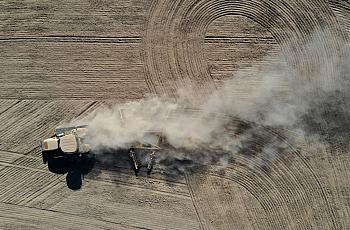
State and local government agencies give away millions of dollars in incentive funding to companies and individuals each year, often with little transparency or public scrutiny.
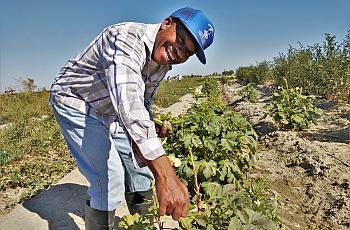
Even with $220 million in financial incentives, growers are wondering how they’ll afford whole orchard recycling in the long term – especially small farmers, who have fewer resources to begin with.
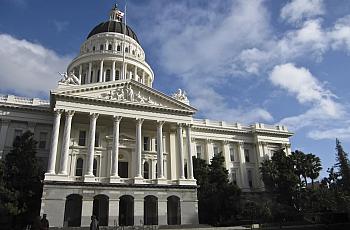
A California senator set out to ban agricultural burning in the San Joaquin Valley nearly 20 years ago. What happened?
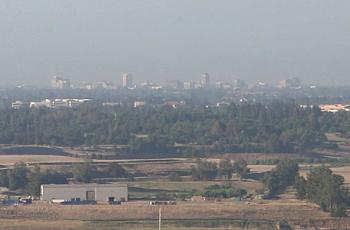
Clean air advocates hope the EPA will step in to strengthen regulations of polluting industries.
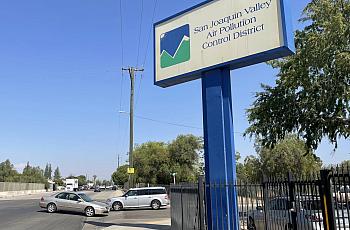
Nearly two decades of postponing a ban on burning have left clean air advocates dubious that local air regulators will follow through.
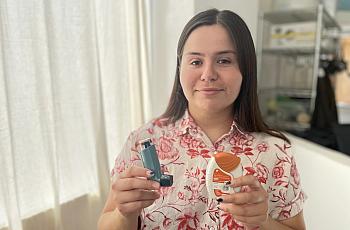
Long-term exposure to the particulate matter released by open agricultural burning has been associated with a suite of health problems, and the communities most affected are majority-Latino.
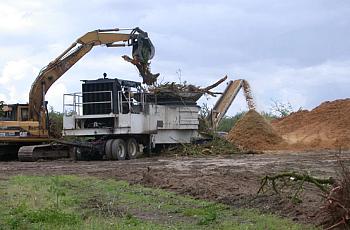
In their new plan to ban agricultural burning, air regulators are using outreach and financial incentives to convince growers to adopt an alternative known as whole orchard recycling.
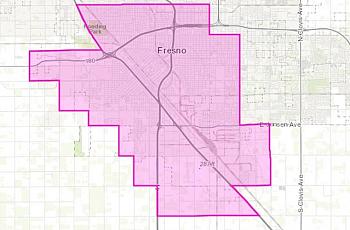
If you live on the south side of Fresno, you are likely exposed to multiple sources of air pollution that can harm your health — and the hot summer days can increase the risk.
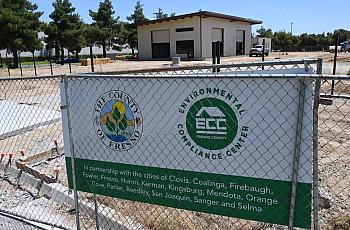
The new hazardous waste site is located in a ZIP code that already is the most polluted in the state.
This project is supported by a grant from USC Annenberg’s Center for Health Journalism 2022 California Impact Fund.